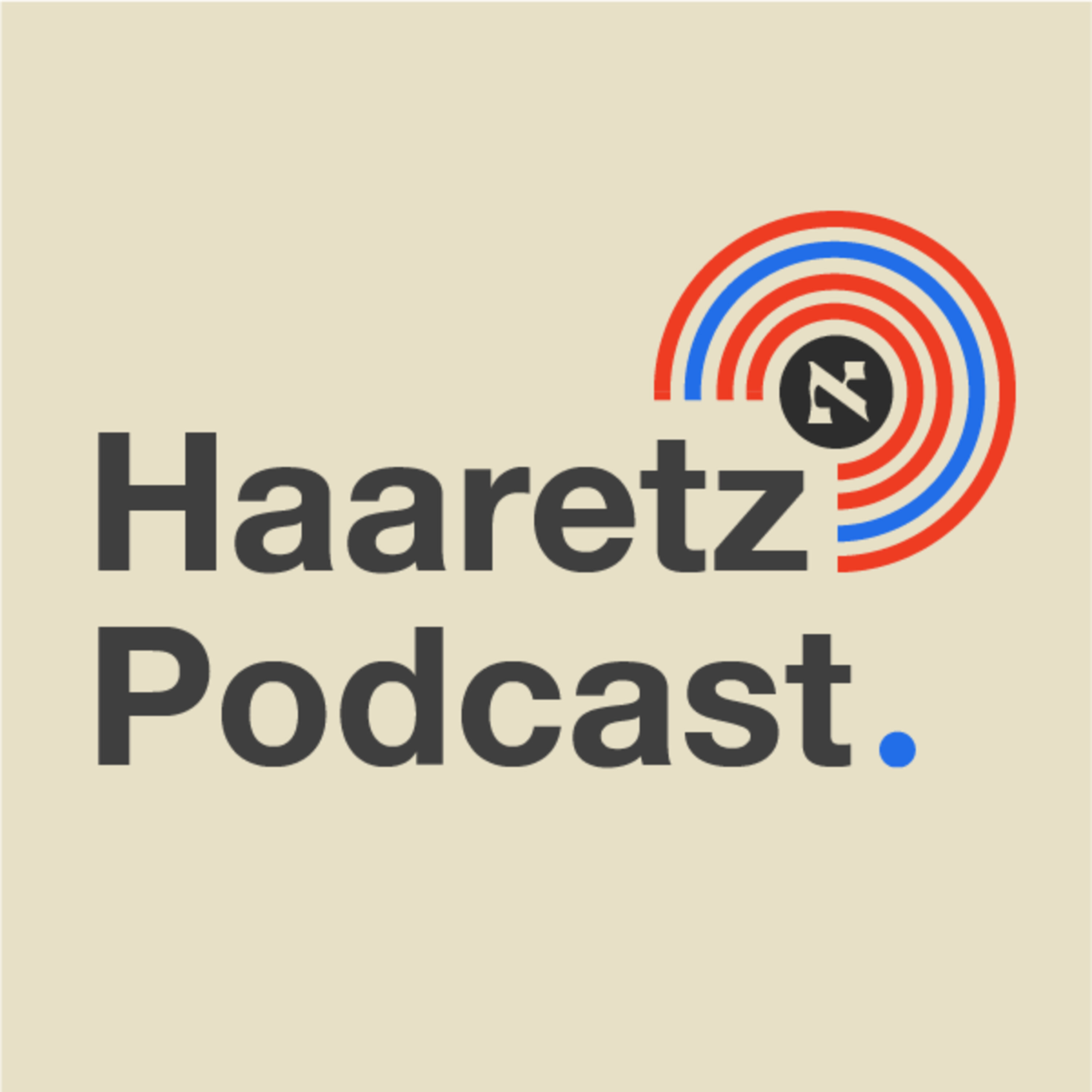'Expect Hezbollah to keep attacking Israel until its last missile'
Description
In retrospect, Israel should not have endured a year of Hezbollah missile attacks that decimated its northern region before fighting back, Orna Mizrahi, a senior researcher at the Institute for National Security Studies said on the Haaretz Podcast, but waiting appeared to be the best strategy following the Hamas attacks of October 7.
After that trauma, "the decision of the Israeli cabinet was to focus on the war against Hamas in Gaza. And I thought that this was the right decision, because we had no other choice but to go after Hamas and try to save our hostages," and the north, from where Hezbollah began firing on October 8, "would be a secondary front," said Mizrahi, a veteran of Israel's security establishment who served in the Israel Defense Forces for 26 years and spent 12 years in the National Security Council (NSC) in the Prime Minister's Office.
"So for 11 months, the IDF adapted the strategy they called an 'aggressive response' to the attacks of Hezbollah, and refrained from deviating from the rules of the game that Hezbollah leader Hassan Nasrallah was shaping."
Nasrallah "realized that this kind of war of attrition is the best way... to weaken Israel and help Hamas in the war," she said. "It would have been desirable to act more forcefully earlier, but I think it's unfair to judge it in retrospect," adding, "it was impossible to estimate that we are going to have such a series of successful operations as we have had" over the past month.
Recent deadly missile and drone attacks, however, point to the fact that Hezbollah is far from being defeated.
They are clearly able to continue attacking Israel, "and I think they are going to do that until the last day and the last missile that they have," said Mizrahi.
The U.S. has been pushing since early in the war to pursue a cease-fire agreement that would resolve all of Israel's conflicts with Iranian proxies –both Hamas and Hezbollah. The Netanyahu government has consistently resisted this pressure, and the current campaign in the north is designed to sever the linkage between the conflicts in the north and the south.
"There are differing opinions in Israel on this matter," Mizrahi said. "I don't believe that the link between the arenas will advance the hostage deal. And in my opinion, we should look to separate the arenas. I say: If the late Nasrallah and [Hamas leader Yahya] Sinwar want this linkage between the fronts so much, it must not be so good for Israel."
She believes that linking the two war fronts "serves Sinwar because he wants a regional war," and believes it could help guarantee "the survival of Hamas."
In her view, each front should be dealt with separately, and the relative success against Hezbollah in the north, should lead, if possible, to a resolution before the more complicated matter of Gaza.
While Israel's ability to influence events in Lebanon after Hezbollah's weakening is limited, Mizrahi says the opportunity to try to free Israel's northern neighbor from Iran's grip shouldn't be squandered.
"Following the war, there will be a competition for the future of Lebanon, mainly between two main parties. One is the U.S. and the West," and the other is "Iran and the Shi'ite axis.
"We cannot leave Lebanon for the Iranians, and this is why I think that it's required that the West," along with moderate Arab countries, "use all their means to prevent the complete fall of Lebanon into the hands of Iran."
The ongoing war in Lebanon presents an "opportunity," Mizrahi said, which the Western world must grab in order to "shape a new political system in Lebanon in which Hezbollah and Iran are not so influential."
See omnystudio.com/listener for privacy information.
More Episodes
Haaretz Podcast host Allison Kaplan Sommer welcomes Rabbi Rick Jacobs, president of the Union for Reform Judaism, to discuss the challenges of leading progressive American Jews during Israel's Gaza war and ahead of a second Trump presidency. Rabbi Jacobs opens up about generational divides, love...
Published 11/21/24
Prime Minister Benjamin Netanyahu's decision to include Russia in the process of negotiating a ceasefire with Hezbollah struck Middle East expert and former MK Ksenia Svetlova as "strange" given the strong Iran-Russia alliance and the countries' shared interests.
As the Ukraine conflict has worn...
Published 11/19/24
Published 11/19/24


